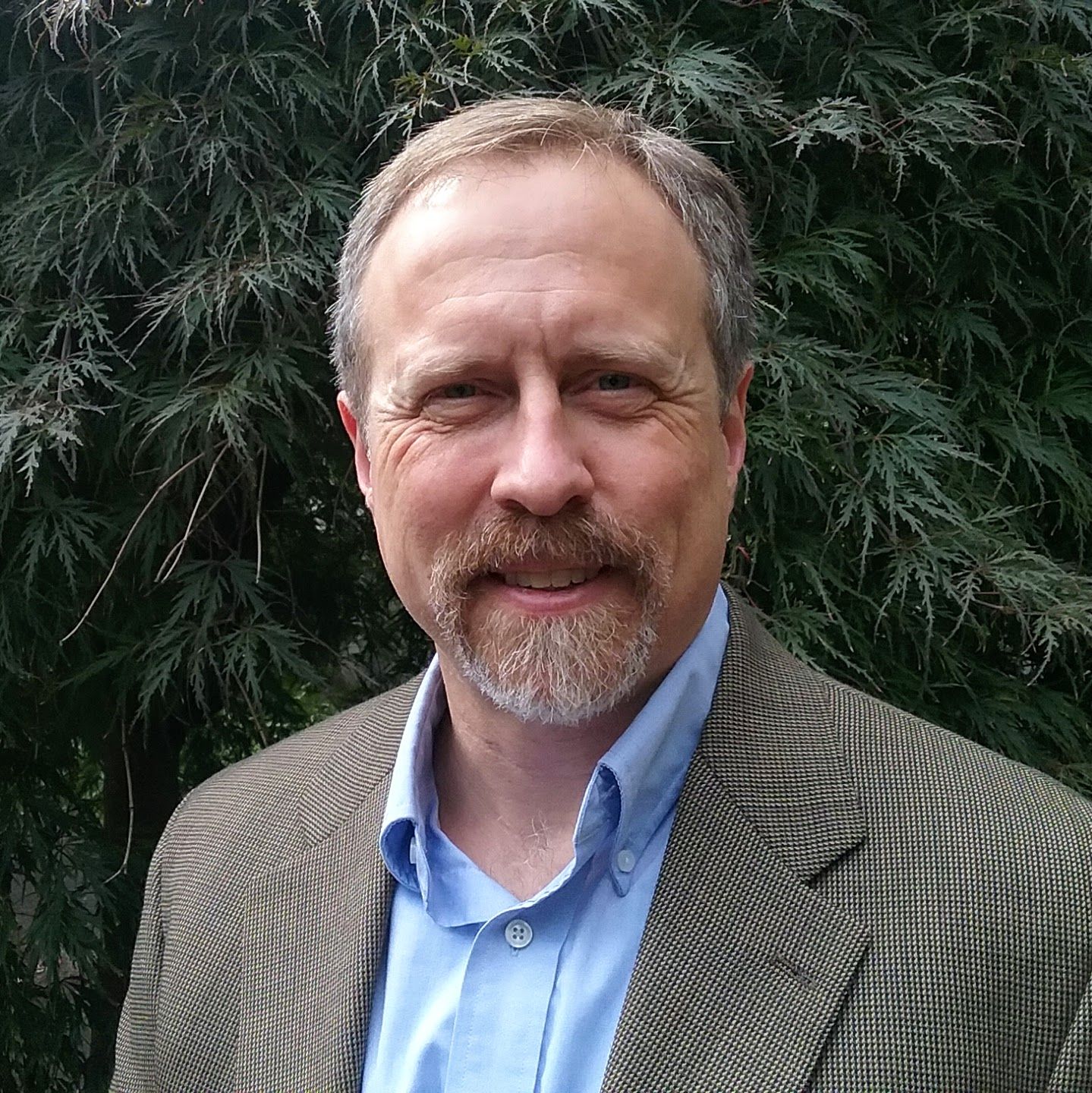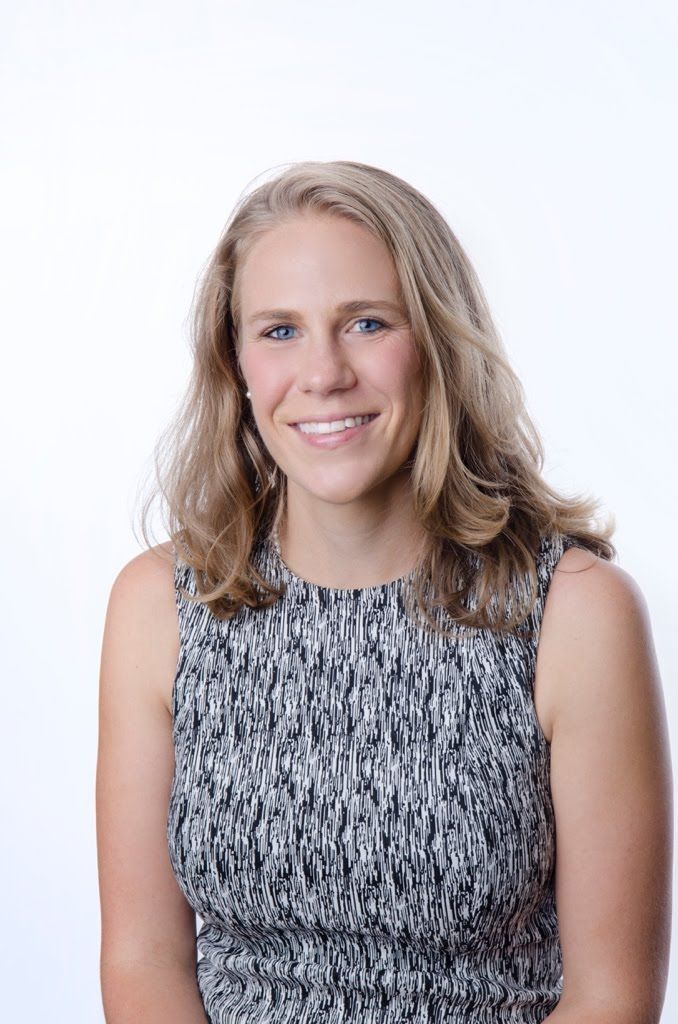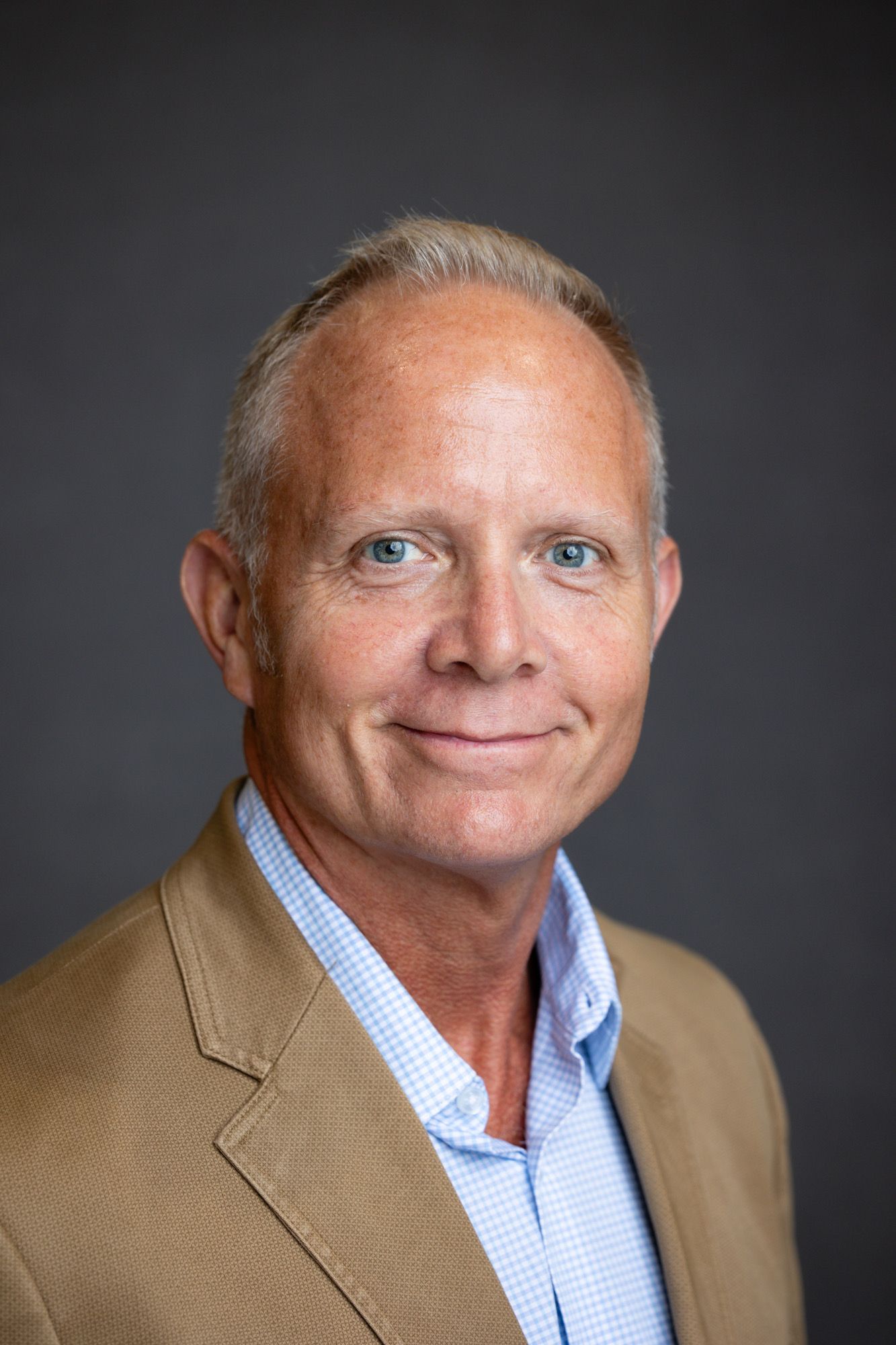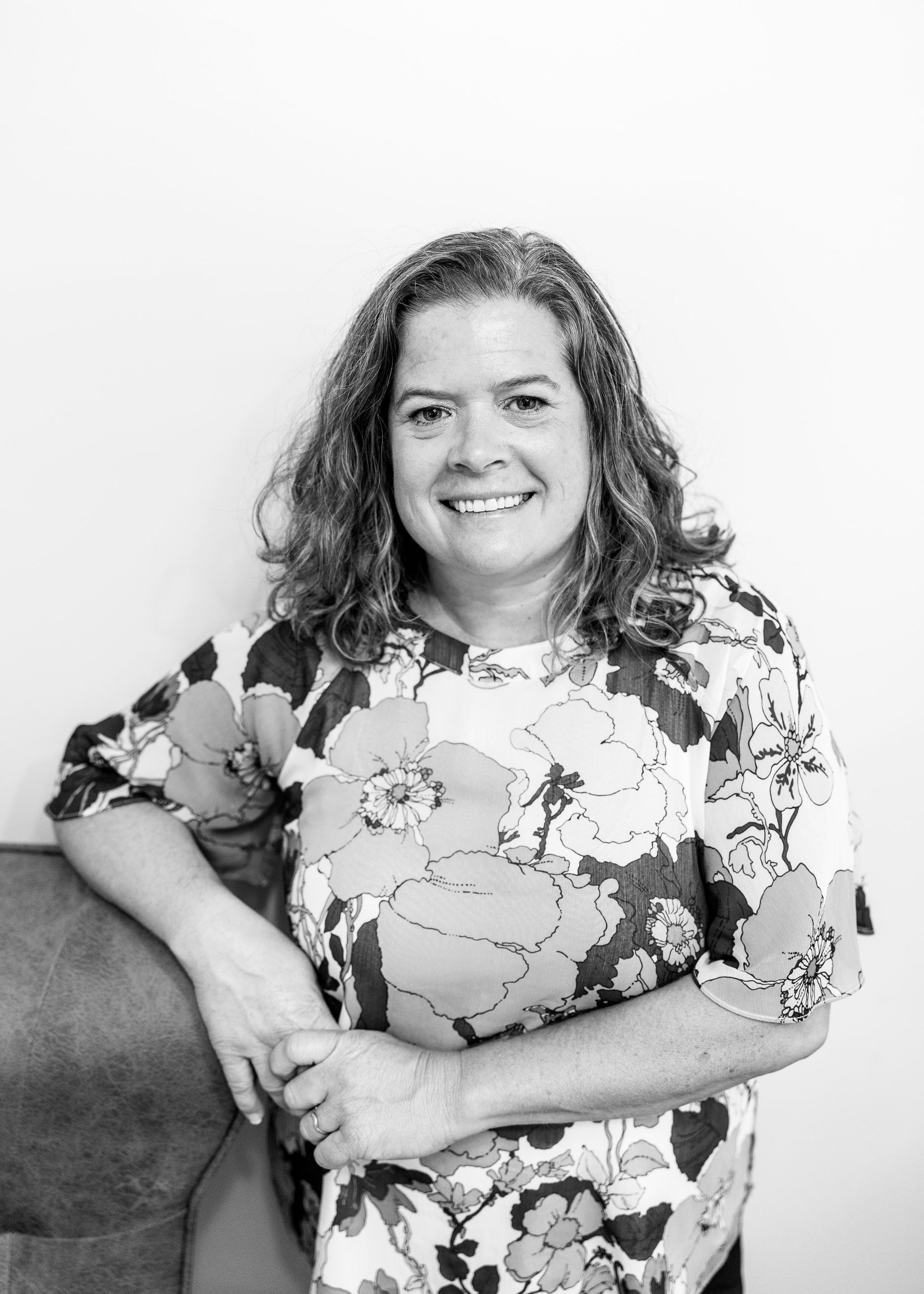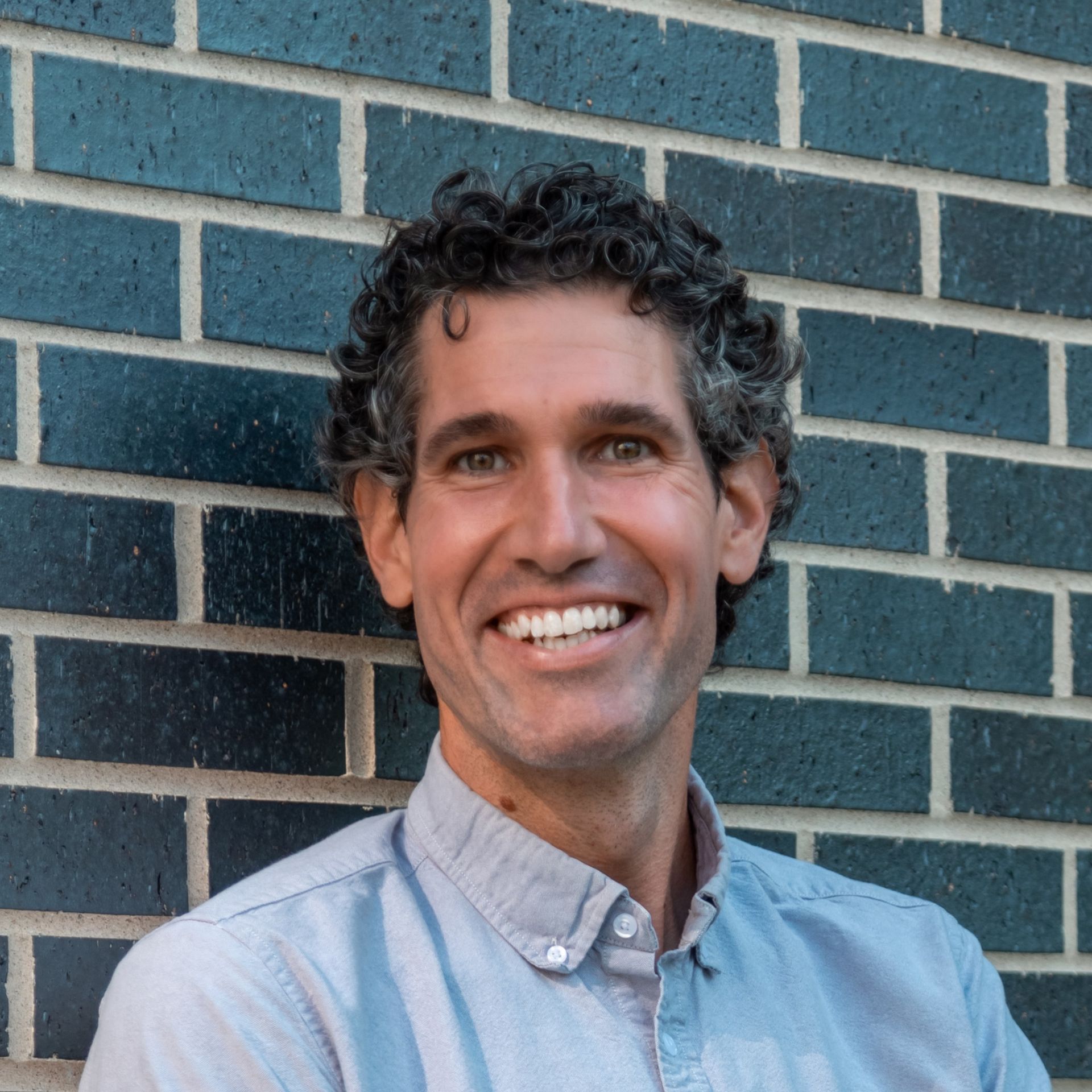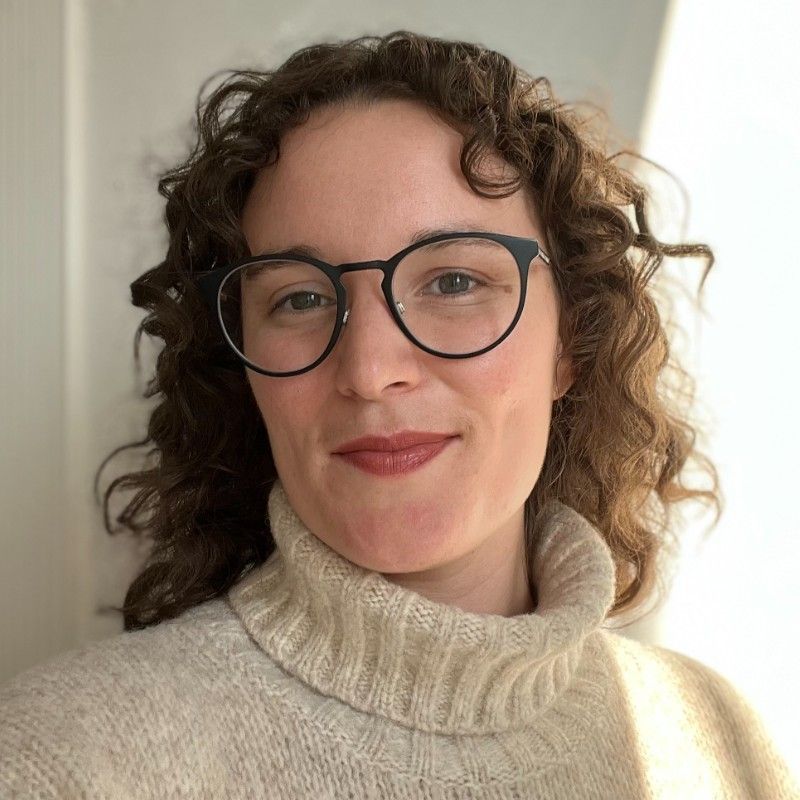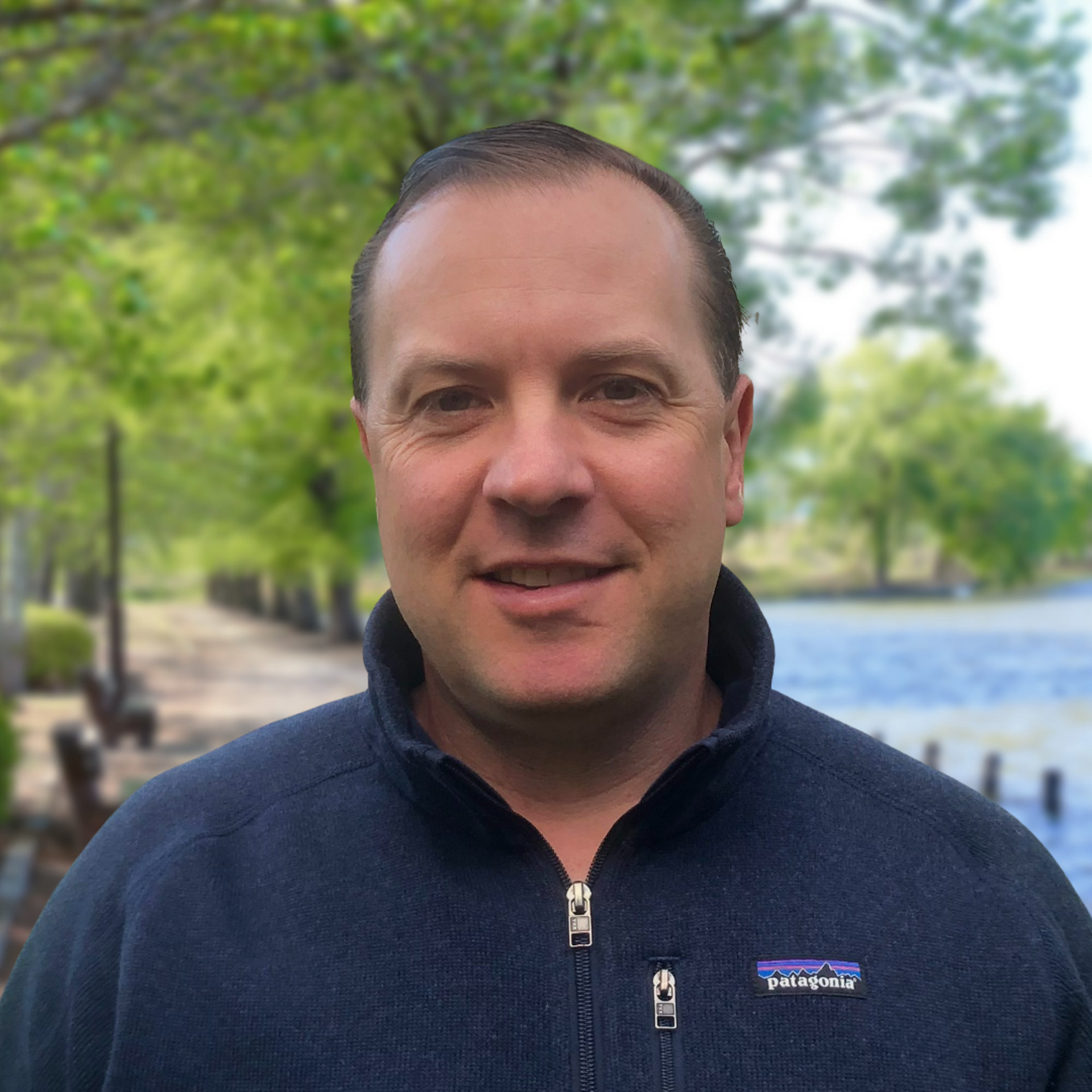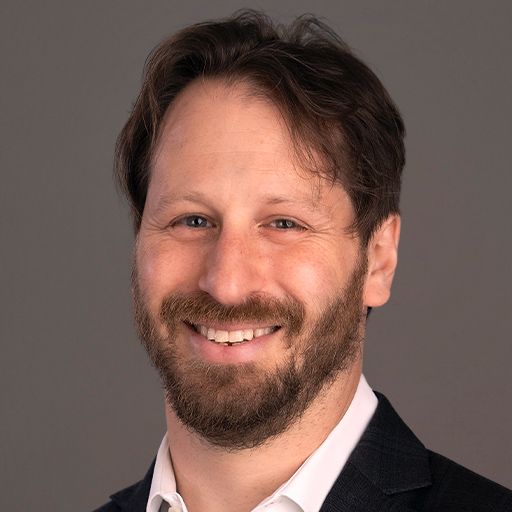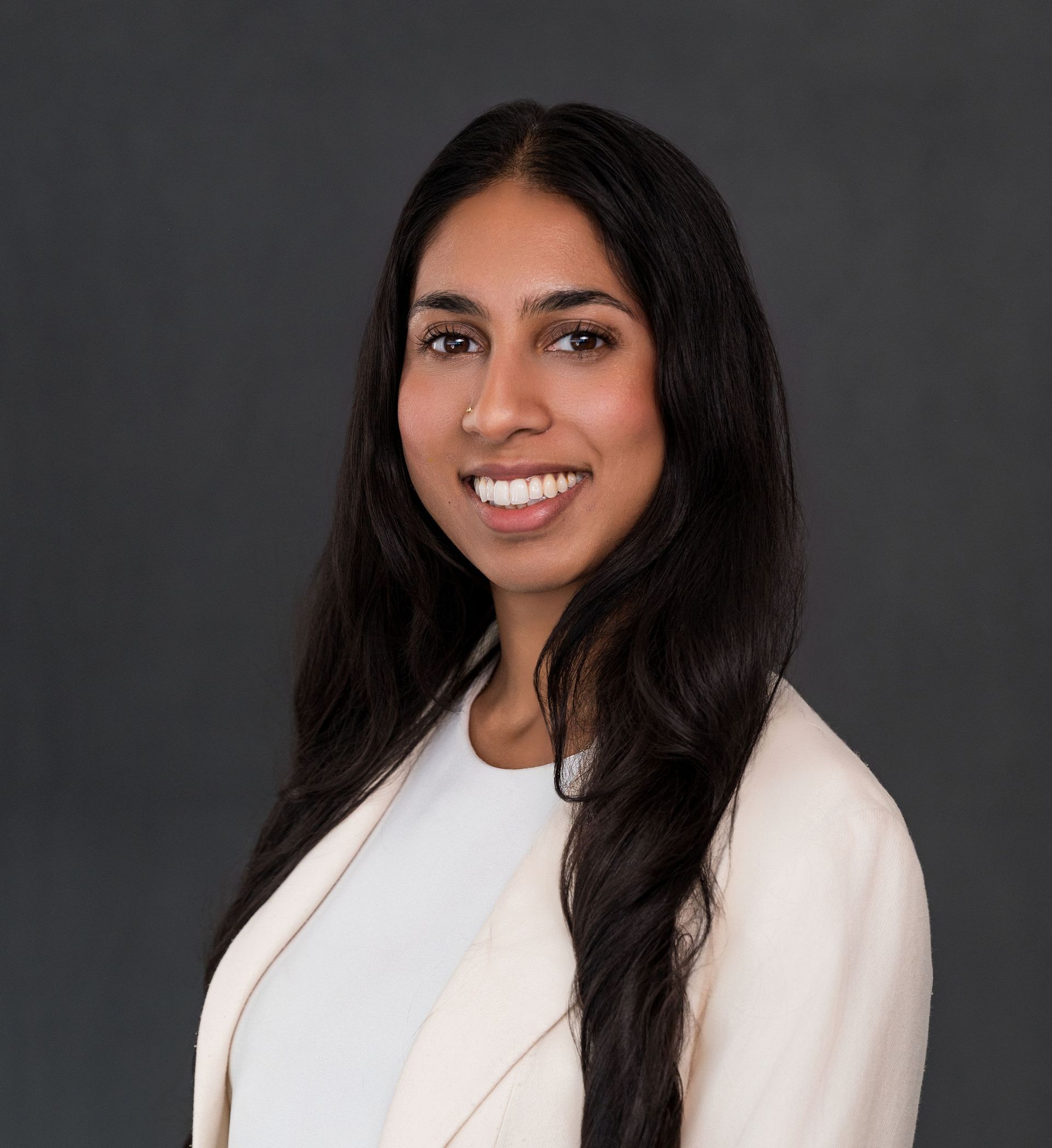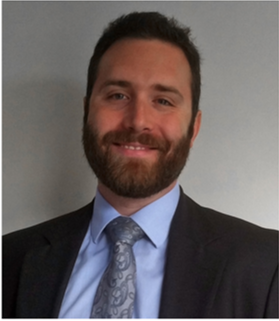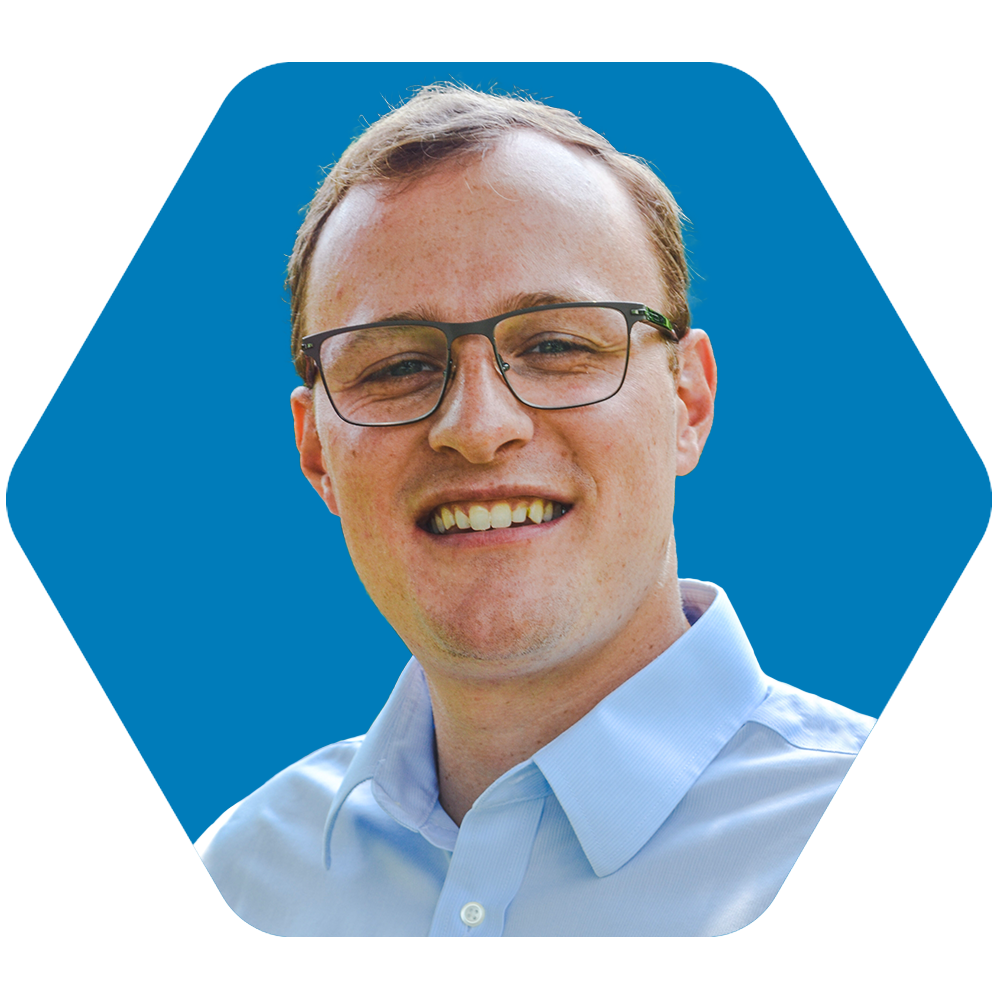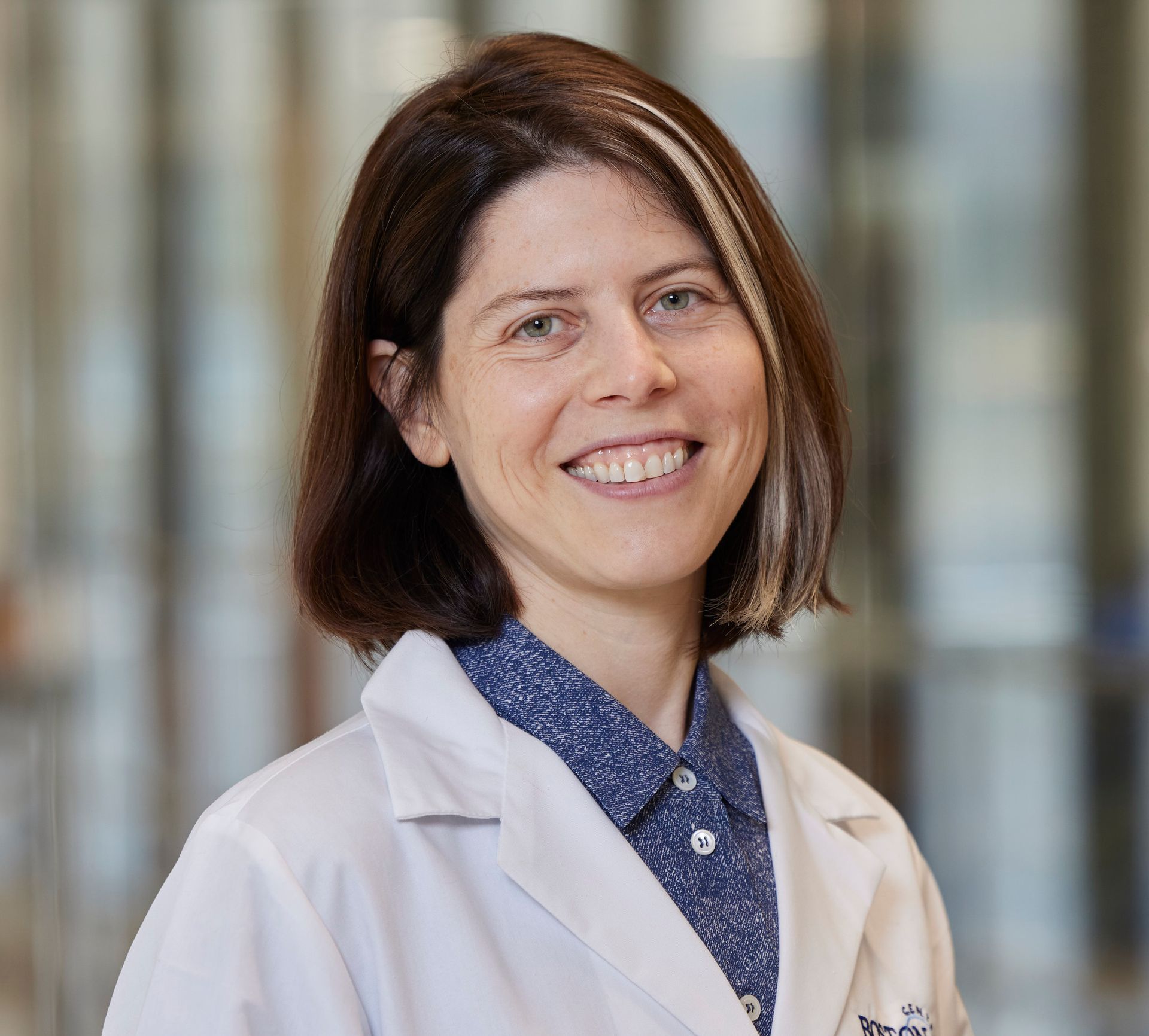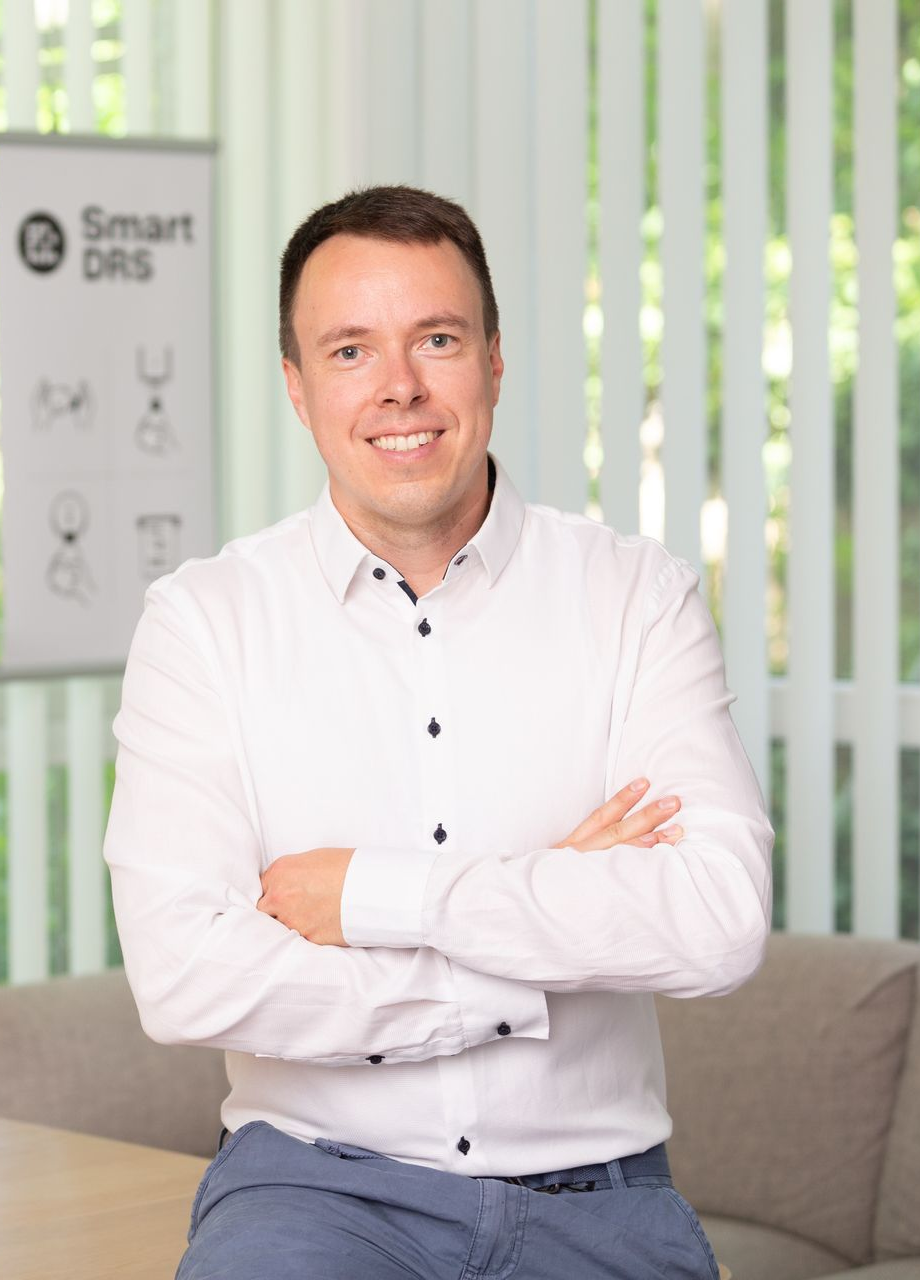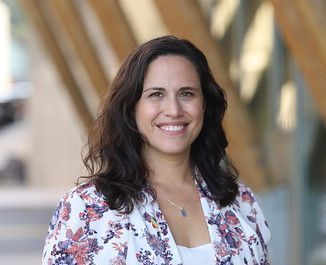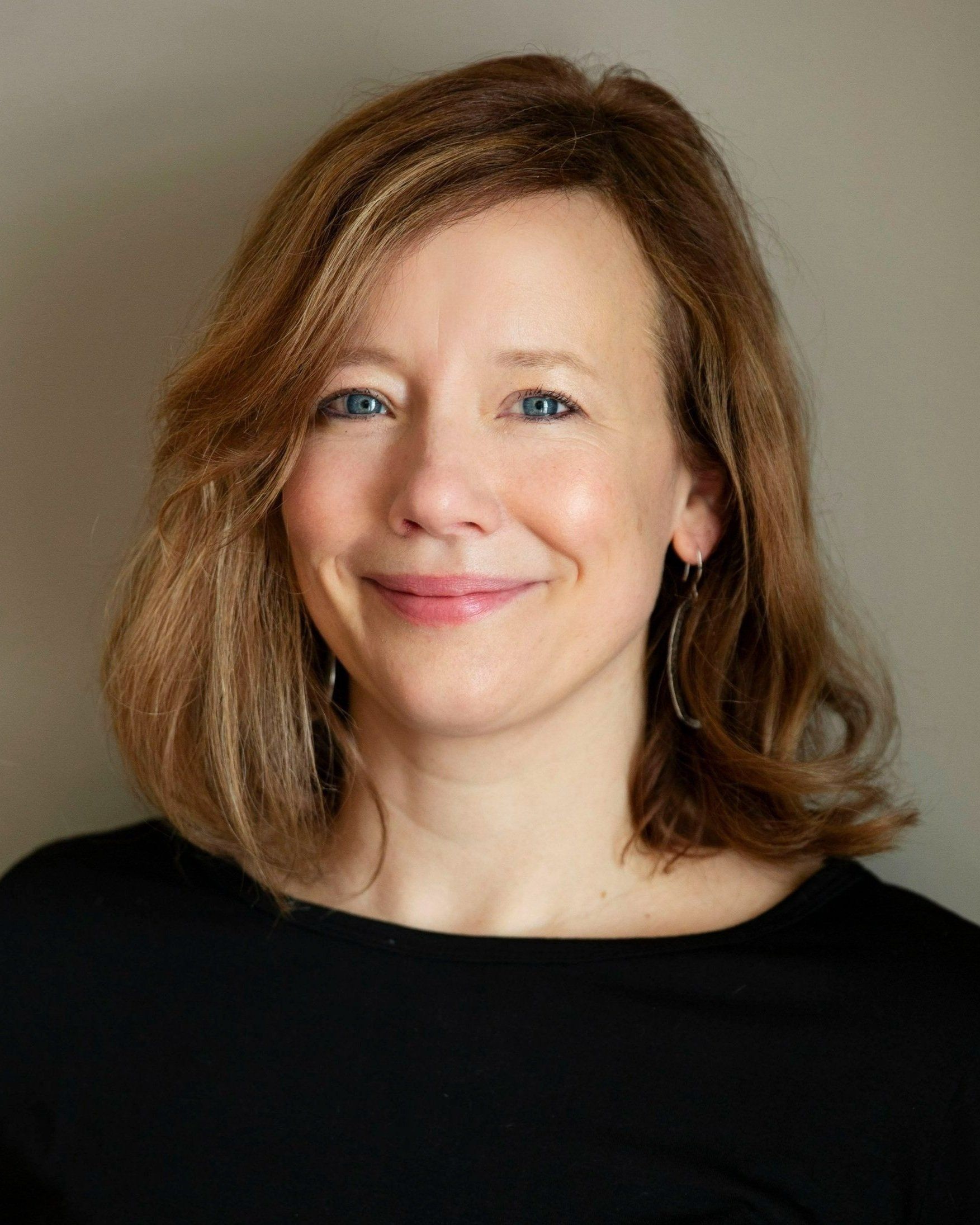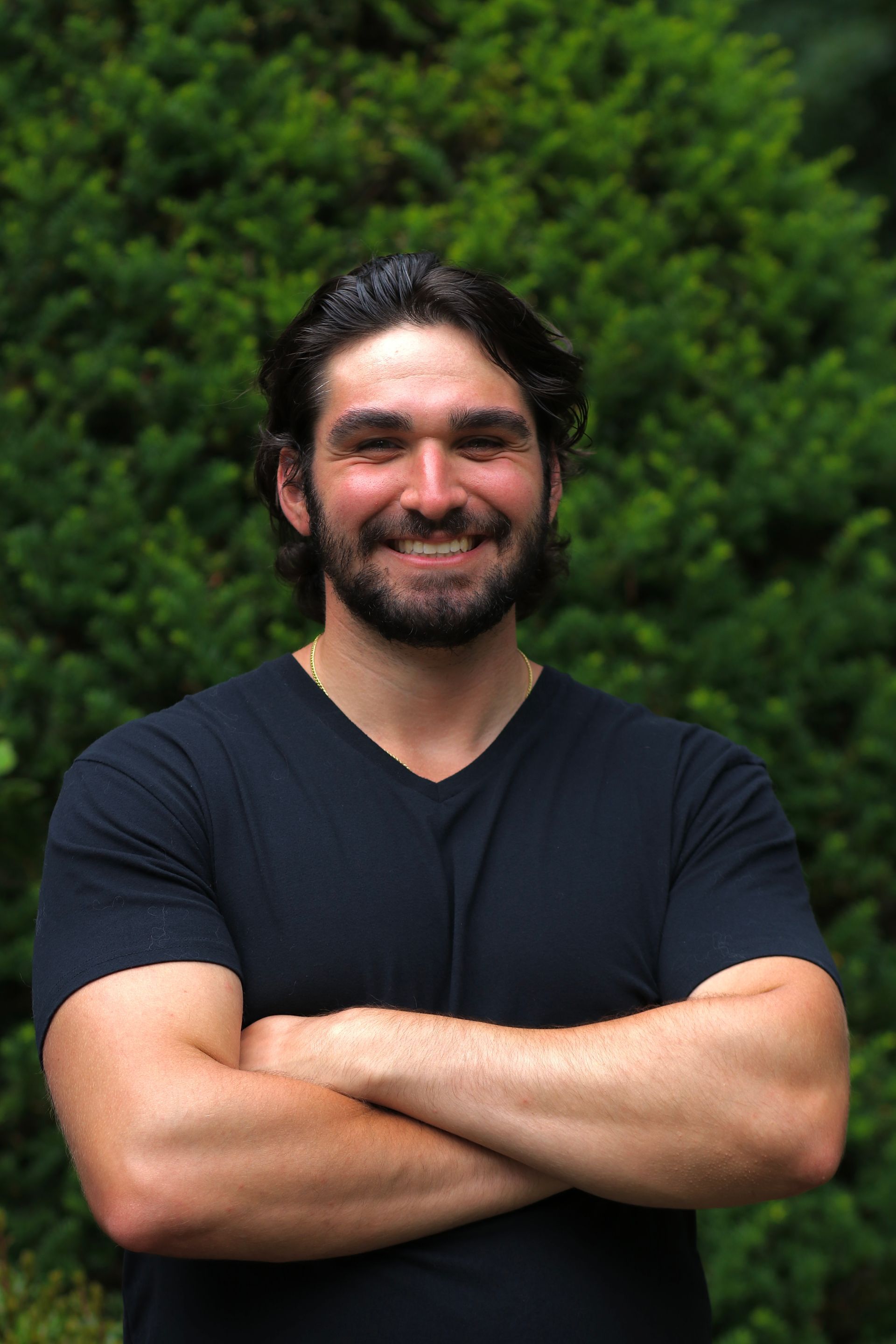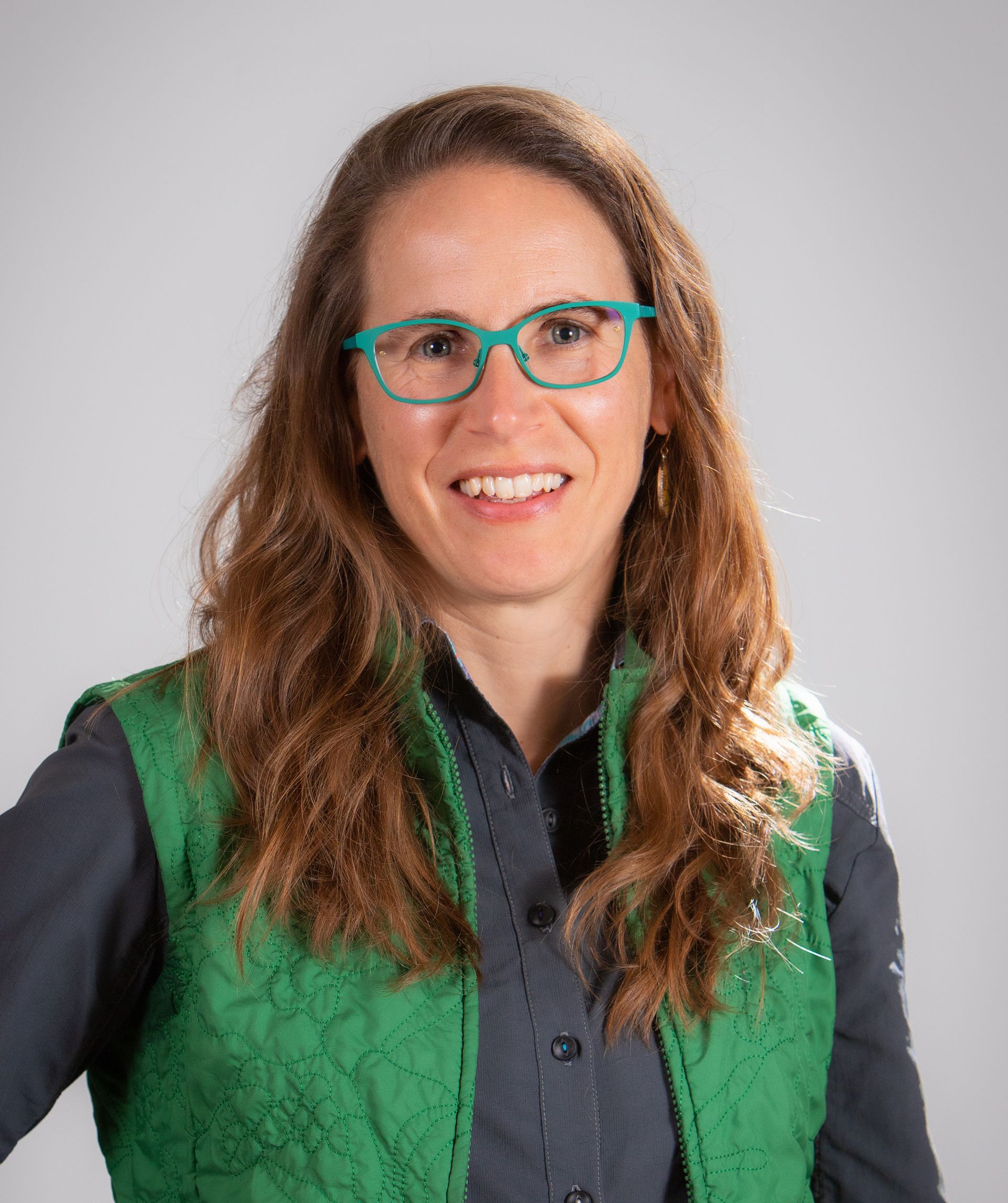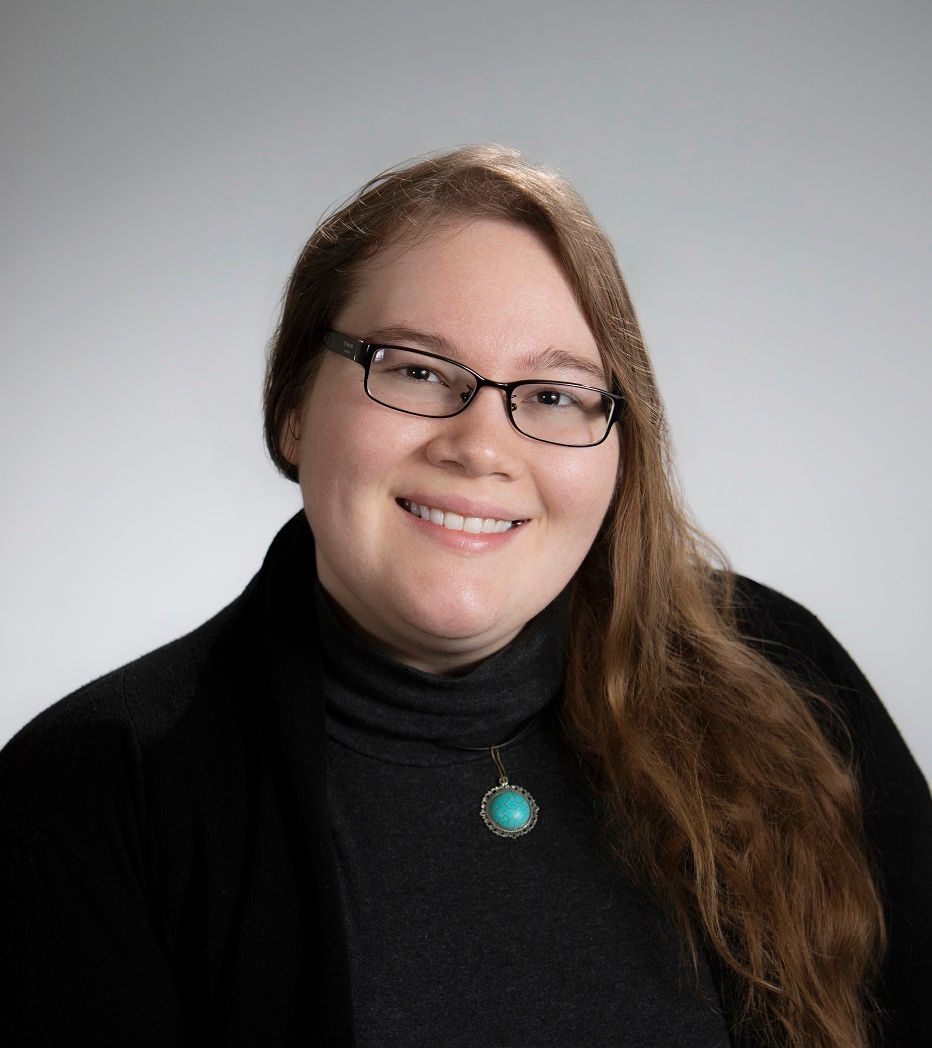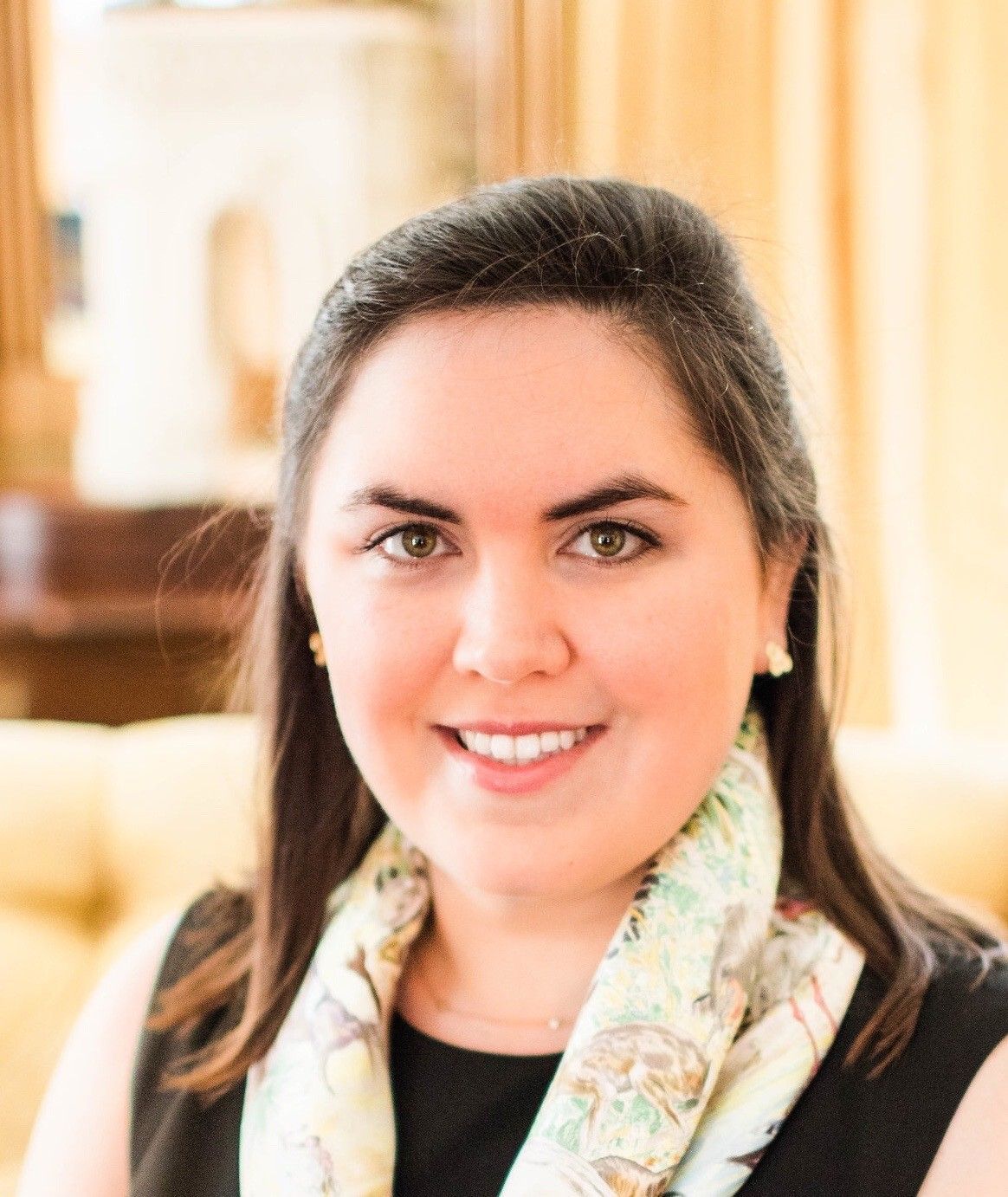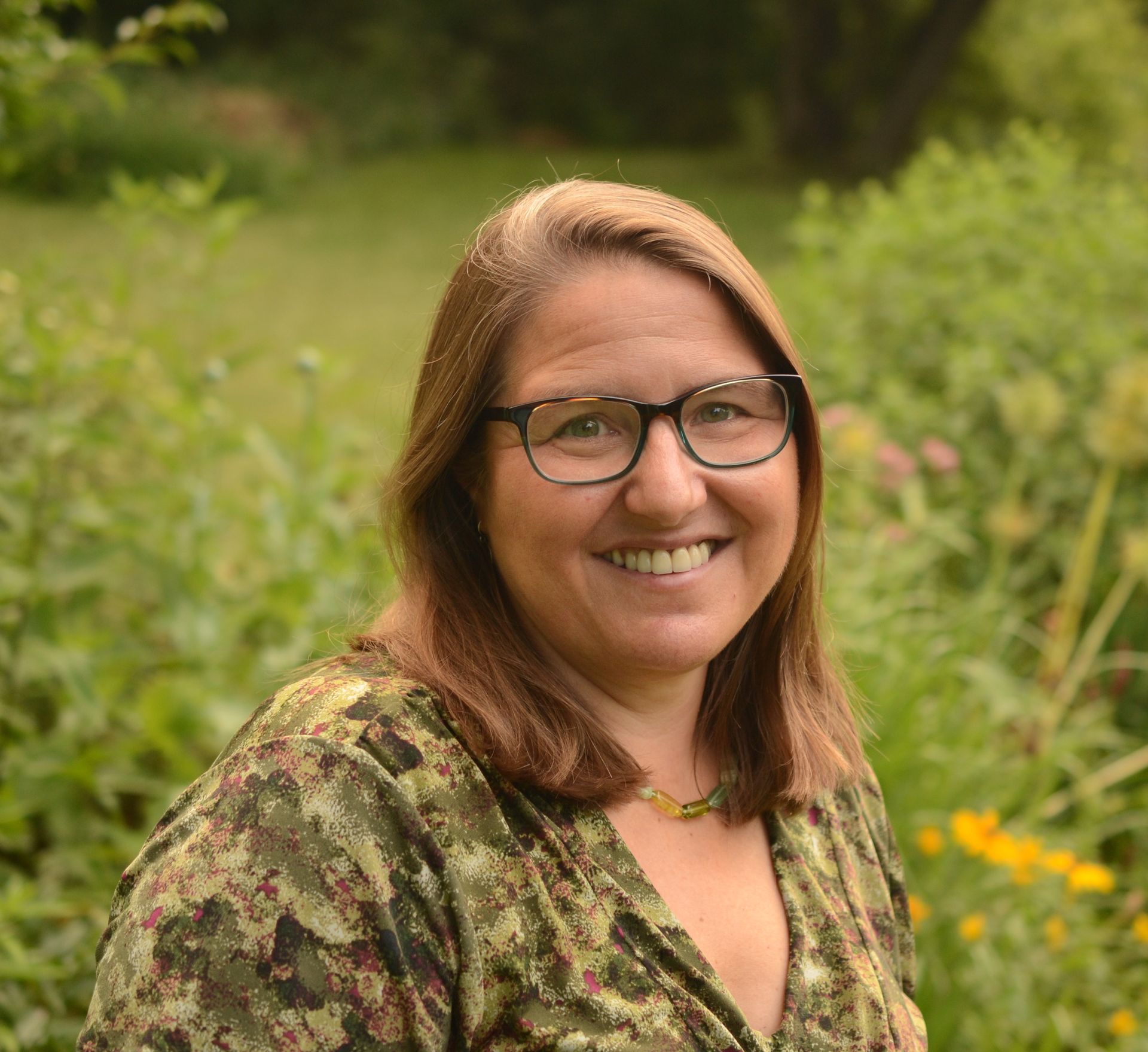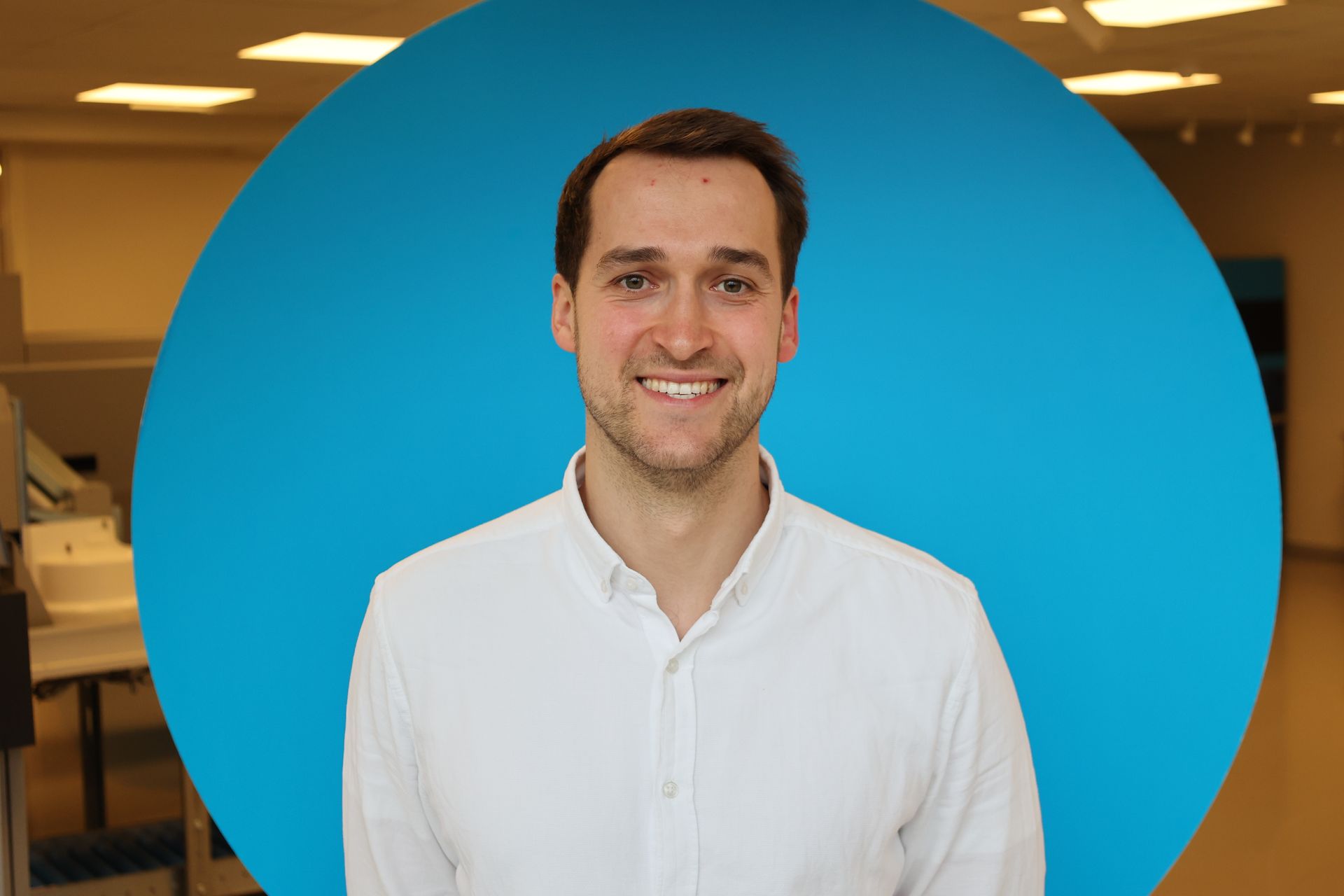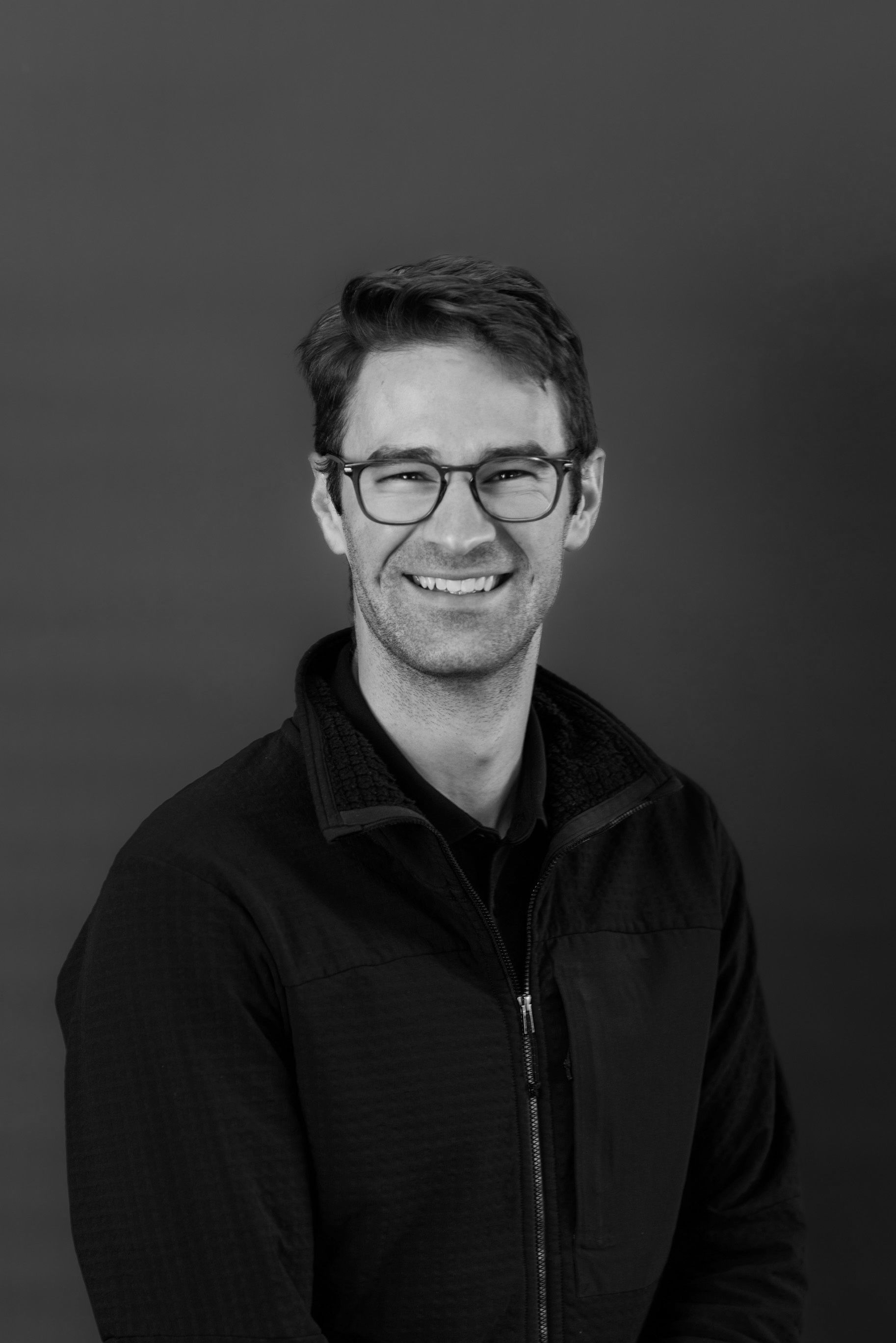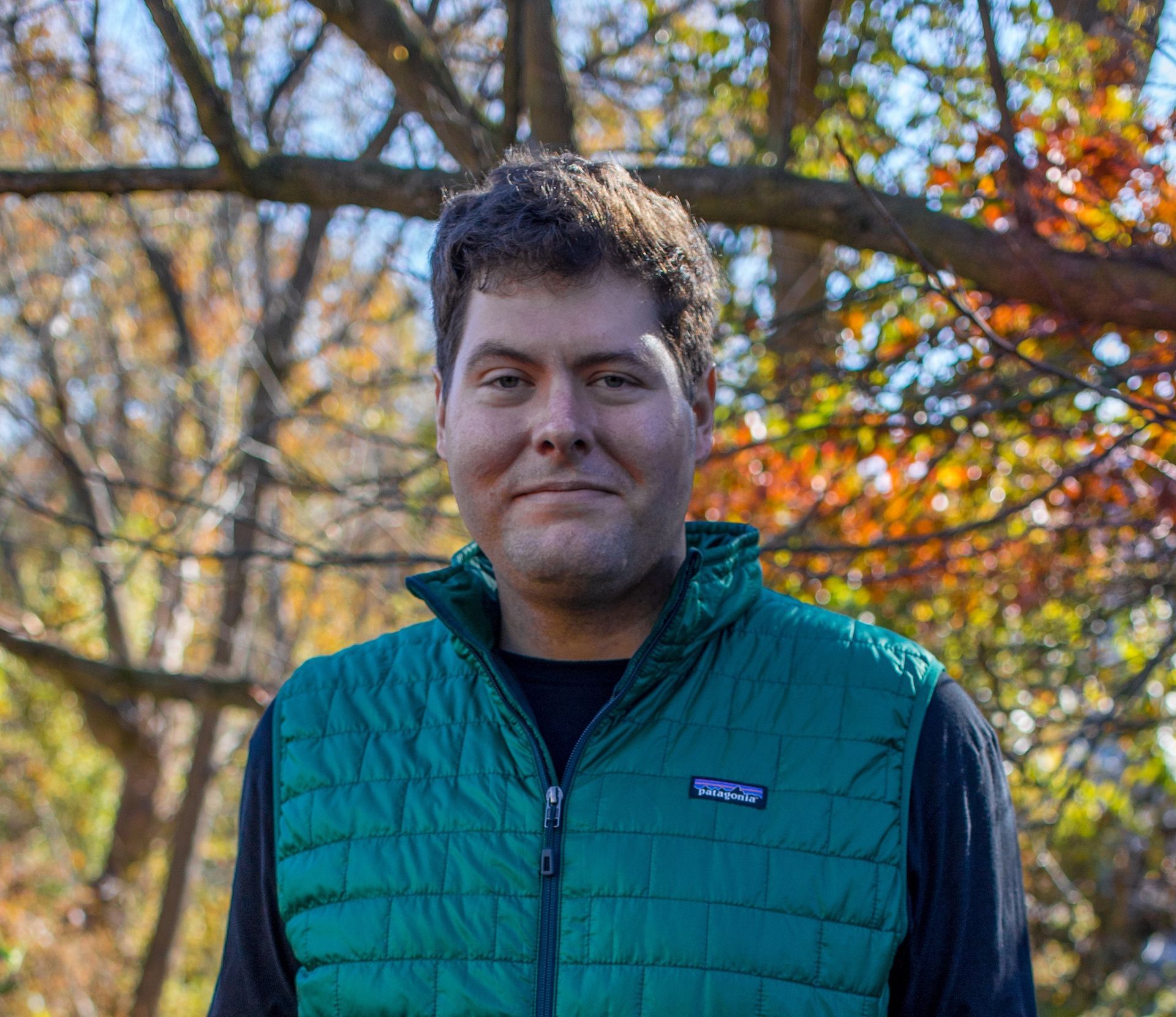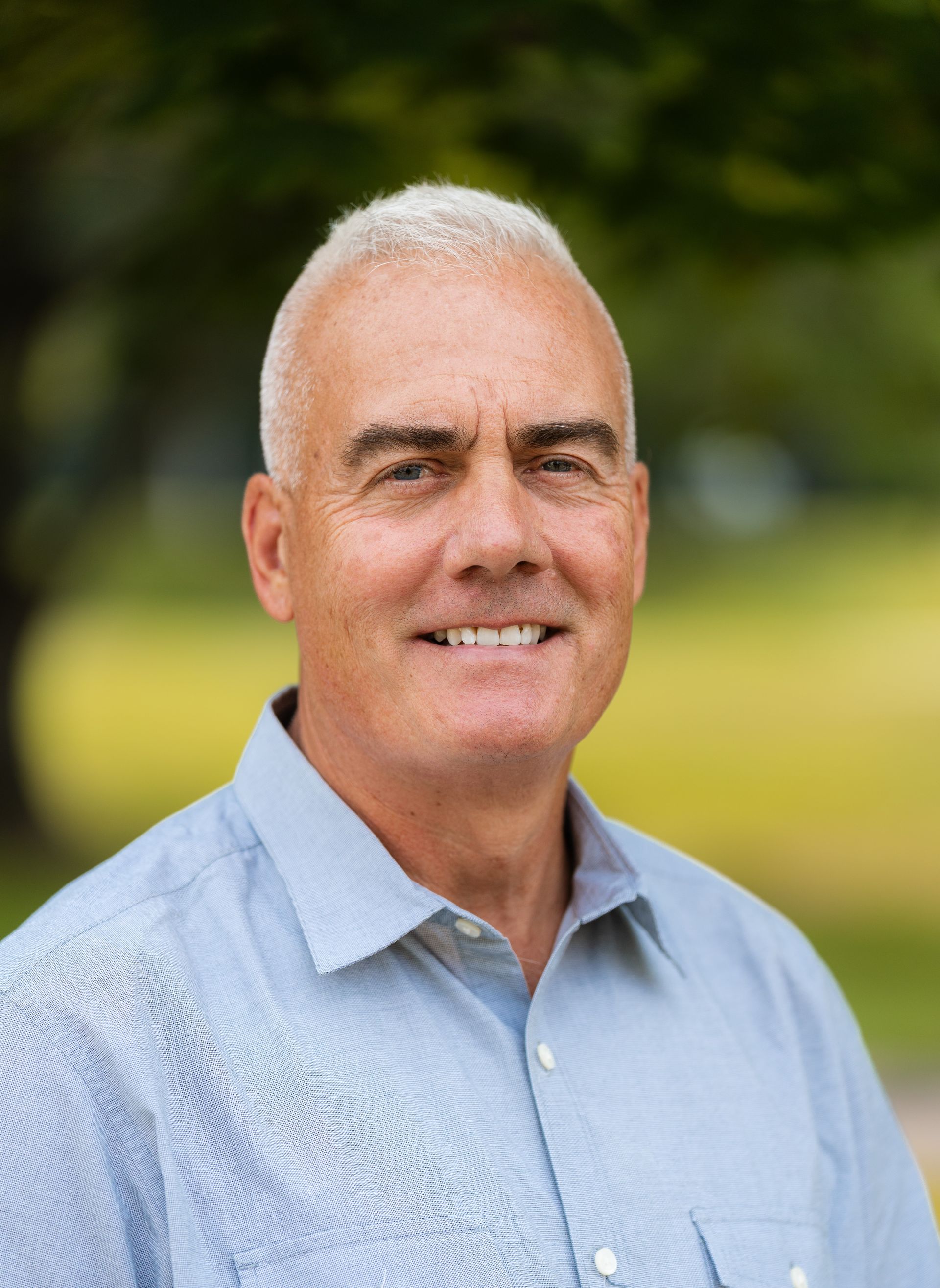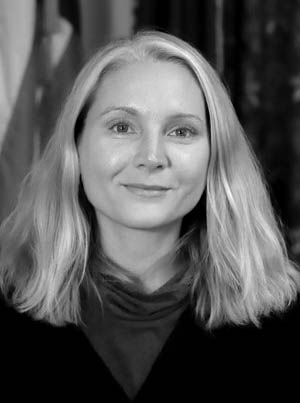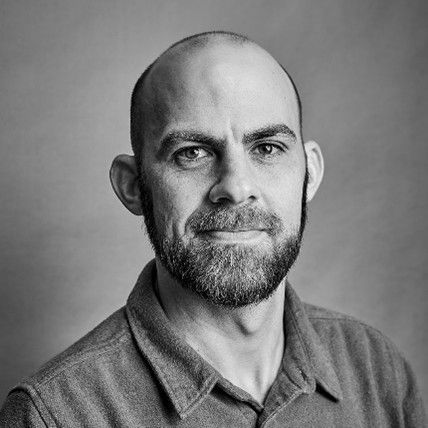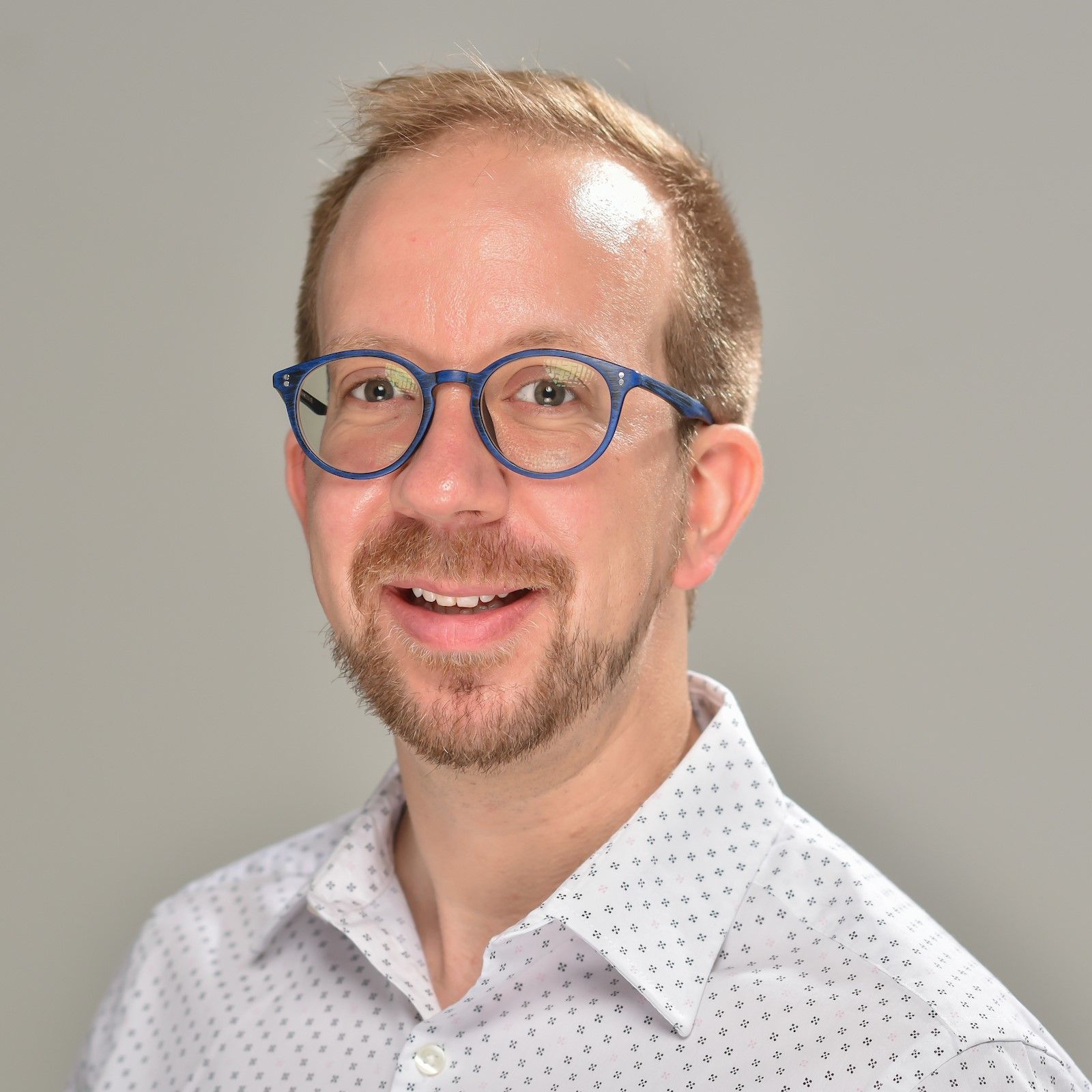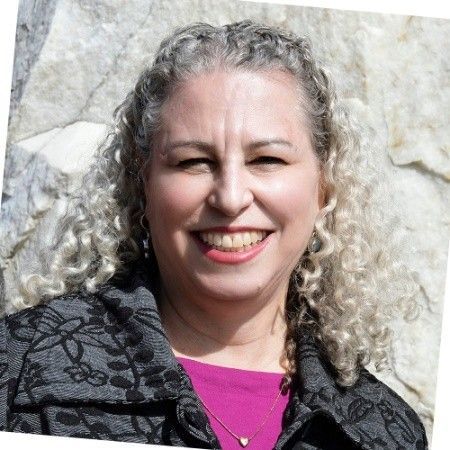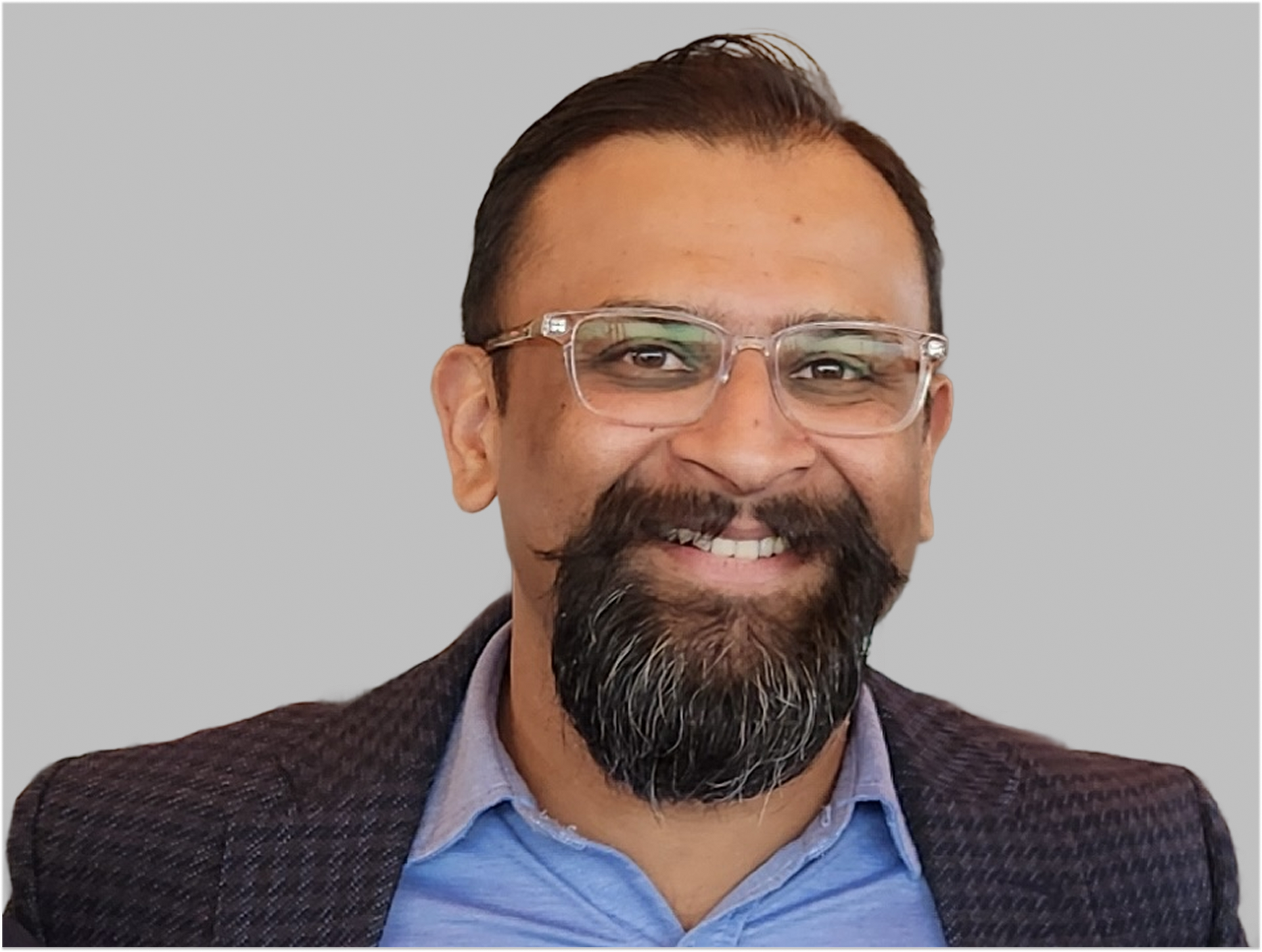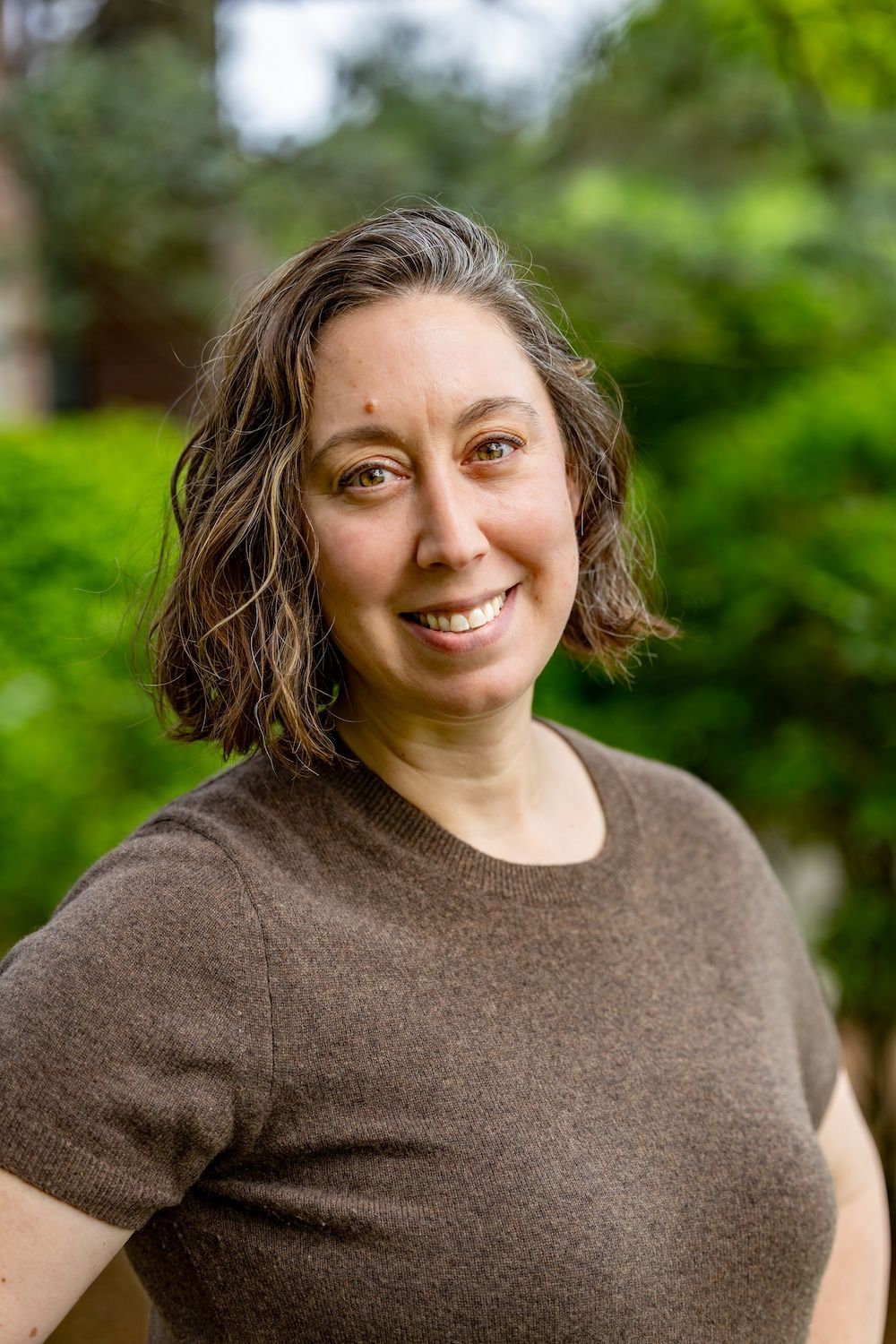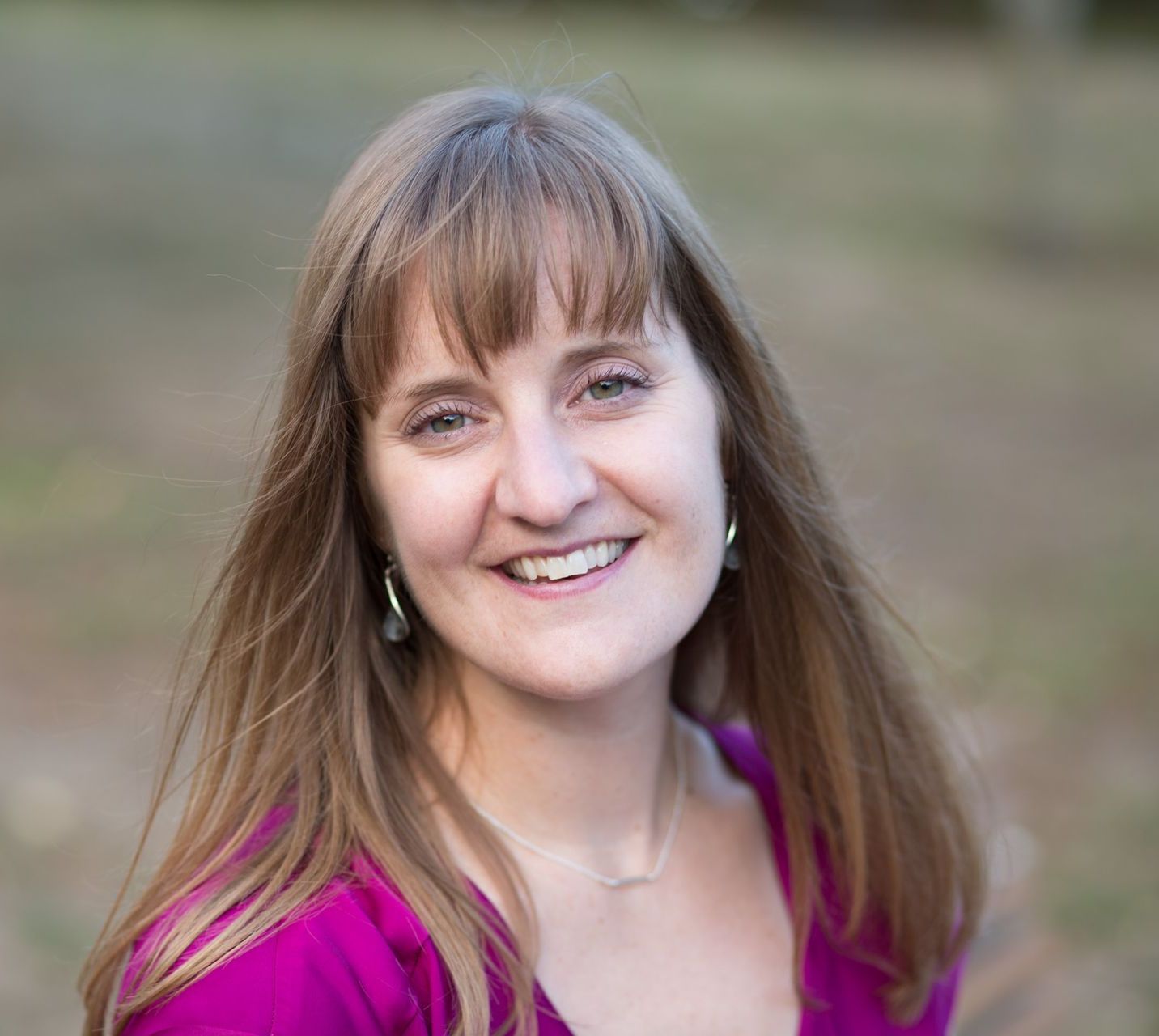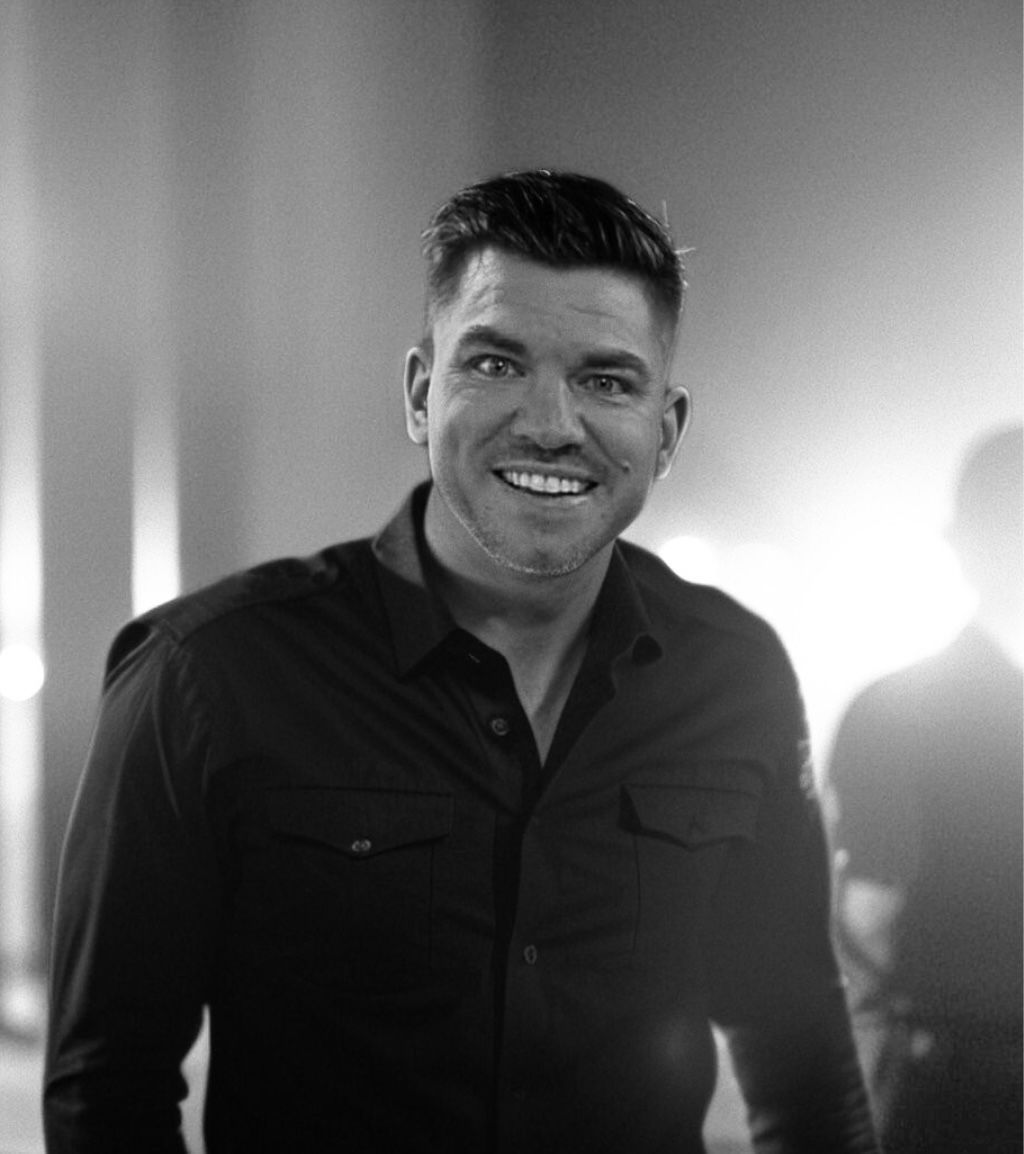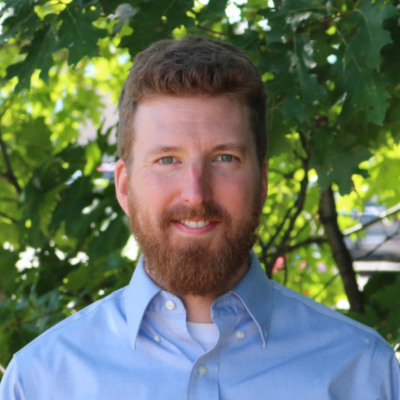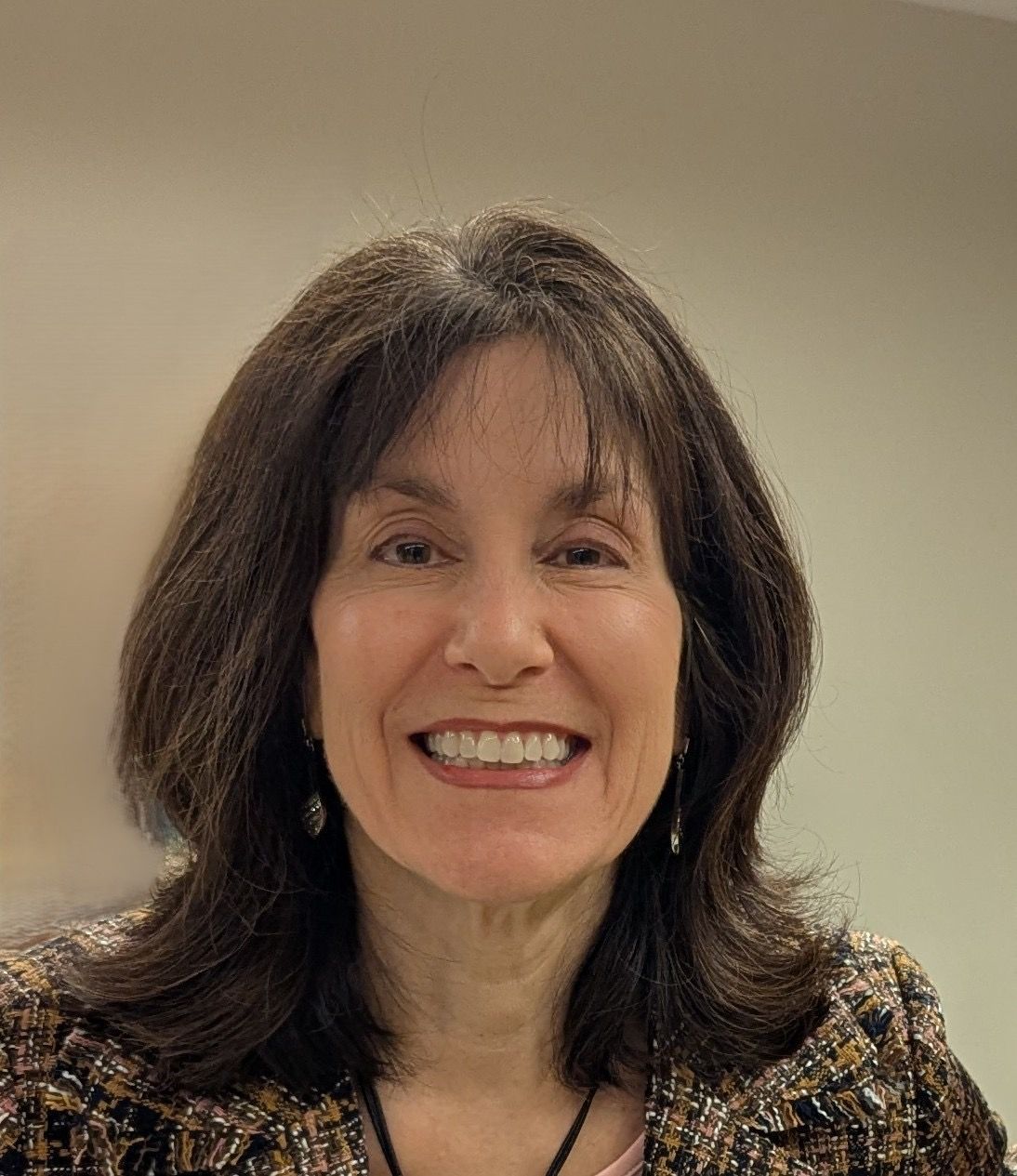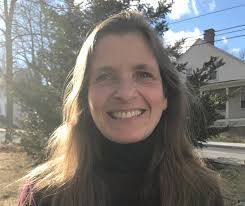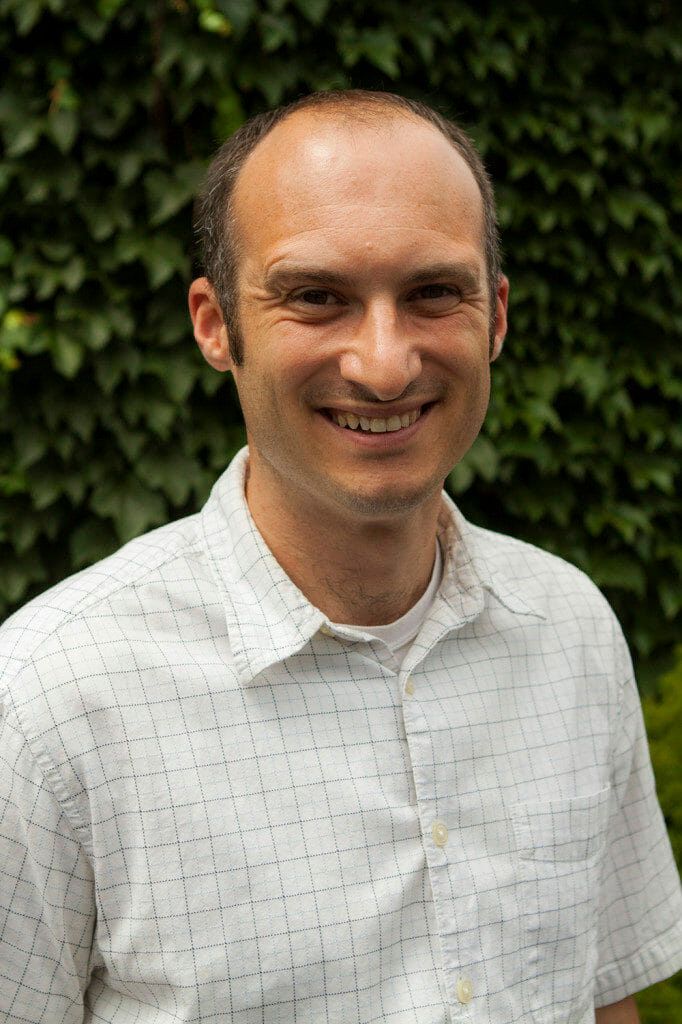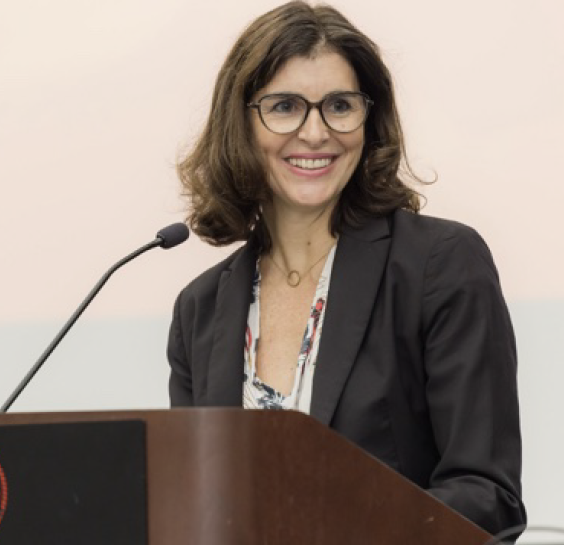Conference Speakers
View speakers and their presentations for each session by clicking the session below. To view the conference photo albums and attendee list visit our conference records.
Day One Speakers | Tuesday, October 7th
Opening Remarks
An EPR for Packaging State of Mind: Lessons and Progress in the Northeast
Extended Producer Responsibility (EPR) for Printed Paper and Packaging (EPP) is gaining momentum across the U.S., with various states at different stages of implementation. This session will take a deep dive into the legislative process, multi-stakeholder negotiations, and early lessons learned from these programs, spotlighting states in the Northeast. Panelists will discuss how EPR for Packaging policies are shaping packaging design, funding structures, and municipal recycling operations.
Examining the Intersection of Batteries and Electronics
Improper disposal of batteries poses significant safety and environmental risks yet managing them within electronics recycling systems remains a challenge. This session will dive into the policies, infrastructure gaps, and product design improvements needed to enhance battery recovery and recycling. It will also explore the role of manufacturers in making batteries more accessible for removal and replacement. This session may also explore the intersection of battery and solar panel recycling, considering the growing demand for lithium-ion recovery.
Concurrent Session B | Circularity in the Life Sciences Industry
The life sciences sector, including biotech, pharmaceuticals, and medical research, has unique challenges when it comes to advancing circular economy solutions. This session will explore how companies and institutions are tackling material recovery, waste reduction, and closed-loop systems in laboratory and manufacturing settings. Discussion will highlight case studies of successful circularity initiatives and strategies for overcoming barriers in infrastructure and product design.
Best practices from DRS Implementations in Nine Countries Worldwide and New Innovations on the Horizon
Deposit Return Schemes (DRS) are rapidly expanding worldwide, with countries adopting a variety of approaches to improve collection rates and reduce waste. In this session, Sensoneo will share lessons learned from implementing national DRS IT systems across nine countries, each with unique challenges and contexts. Participants will explore how technology can streamline operations, reduce fraud, and improve stakeholder outcomes, and will hear about new innovations such as Smart DRS, an AI-powered system designed to simplify and lower the costs of collection. Attendees will leave with a deeper understanding of the opportunities and challenges in building effective DRS systems, as well as practical insights into how technology can enhance transparency, efficiency, and consumer participation.
Engaging the Public Through Effective Facilitation
This session will use case studies and program examples to explore how facilitation and clear messaging can strengthen community engagement. Participants will learn grounded strategies for connecting with communities, hear examples of effective outreach, and take part in a brief exercise that highlights ways to address common barriers in recycling and successful facilitation. Attendees will leave with practical tools, customizable outreach assets, and greater confidence in fostering conversations that build trust and inspire action.
How Plastic Overproduction Undermines Local Recycling and the Circular Economy
This session will explore how global overproduction of virgin plastic is undermining local recycling programs and efforts to build a circular economy. It will examine the stagnation in recycling rates despite existing policies like minimum recycled content standards, highlight the economic and policy barriers to increasing recycled plastic use, and discuss both voluntary and regulatory solutions to reduce reliance on virgin plastic and strengthen recycling systems.
MRF Operations in New Terrain: Technology, Partnerships, and Policy Impacts
Material Recovery Facilities (MRFs) are adapting to changing material streams, evolving policies, and technological advancements. This session will take a 360-degree look at MRF operations, exploring cutting-edge sorting technologies, the impacts of policies like the Bottle Bill, and innovative partnerships with industry and municipalities. Discussion may also cover workforce training and new approaches to improving efficiency in the recycling sector.
A Material Shift: Implementing Consumption-Based Emissions Strategies
Consumption-based emissions (CBE) accounting has revealed that the most significant opportunities for emissions reduction lie in how we manage materials, yet many sustainability efforts have not fully integrated this approach. This session will examine how CBE data can influence climate action, and policy development strategies for transformative impact. Panelists will explore the latest methodologies for tracking CBE and discuss how to implement this data to drive meaningful reductions.
Implementing Programs Using the Community Engagement Continuum
Effective community engagement is essential for the success of sustainable materials management (SMM) programs. This session will highlight a range of innovative initiatives that apply different approaches along the community engagement continuum—from outreach and education to deep collaboration and co-creation. Presenters will share how they have designed and implemented programs that not only meet SMM goals, but also build trust, drive behavior change, and foster long-term participation. Attendees will gain insights into strategies for scaling engagement, tailoring outreach to diverse audiences, and measuring the impact of community-driven approaches.
Day Two | Wednesday, October 8th
Opening Remarks
Building Reuse Systems: Overcoming Barriers to Scale
Reuse systems are being piloted in stores, stadiums, and event venues, demonstrating economic, environmental, and social benefits. But what makes them successful, and what barriers are preventing wider adoption? This session will highlight effective reuse models, discuss challenges in consumer engagement and logistics, and explore ways to scale reuse infrastructure. Speakers will share real-world examples of refillable packaging programs, event-based reuse initiatives, and policy mechanisms supporting a transition away from single-use.
Ending Food Waste: Prevention, Donation, and Upcycling
With the EPA’s goal to cut food waste in half by 2030, stakeholders are working to implement prevention, donation, and upcycling strategies. This session will explore the critical steps to prevent food waste from occurring in the first place, along with effective systems for food donation and upcycling initiatives. Speakers will dive into successful prevention programs, examine the role of policies in encouraging donations, and discuss the challenges and opportunities in scaling up these efforts.



